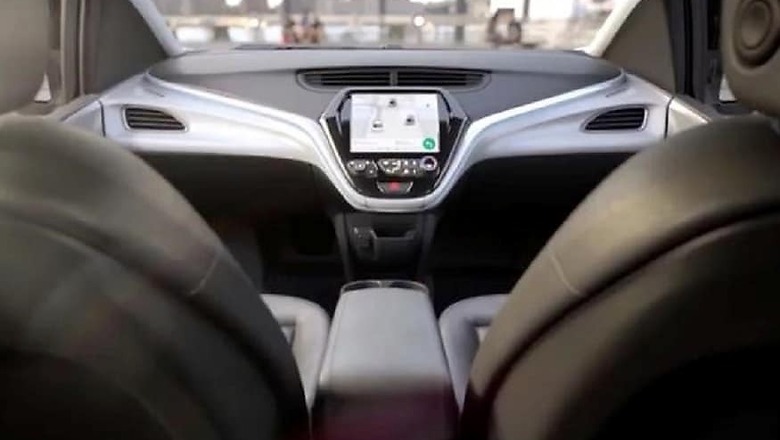
views
A self-driving car service could be on Tokyo's public roads in time for the 2020 Olympics as Japan looks to drive investment in new technology to drive economic growth, according to a government strategic review announcement. The strategy, presented at a meeting chaired by Prime Minister Shinzo Abe, also includes plans to allow the development of virtual power plants by the fiscal year ending March 2022.
The proposals are part of a larger package of fiscal and economic policies the government aims to compile by the end of the month. The review said the government plans to begin testing a driverless car system on public roads sometime this fiscal year with the goal of launching a self-driving car service for the 2020 Tokyo Olympics. The government will then try to commercialise this system as early as 2022.
Also Watch: Ford EcoSport S Review!
Economists see enormous potential in the development of autonomous vehicle and artificial intelligence technologies, which could help businesses cope with an ageing and declining workforce. However, Japanese companies have struggled to keep up with their Chinese, European and U.S. counterparts in implementing such innovations into their work practices.
Since taking office in late 2012, Abe has introduced several gradual changes that have benefited the economy by drawing more women into the workforce, narrowing the pay gap between regular and contract employees, increasing inbound tourism, and slowly opening the door to foreign labour.
Additionally, the review flagged a plan to allow for virtual power plants by fiscal 2021. Virtual power plants connect several small energy-generating and energy-storage systems, allowing them to collectively work like a large conventional power plant, which could help energy grid operators save money.


















Comments
0 comment